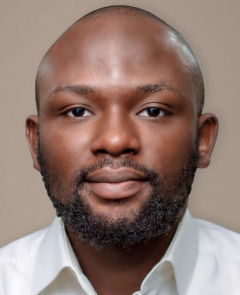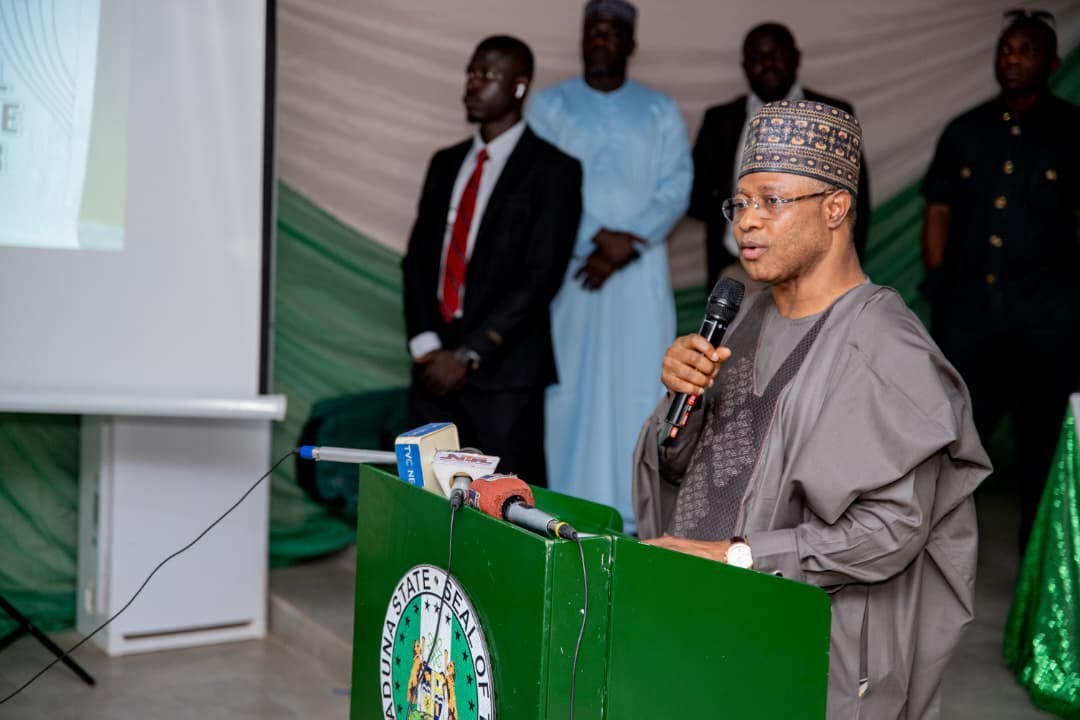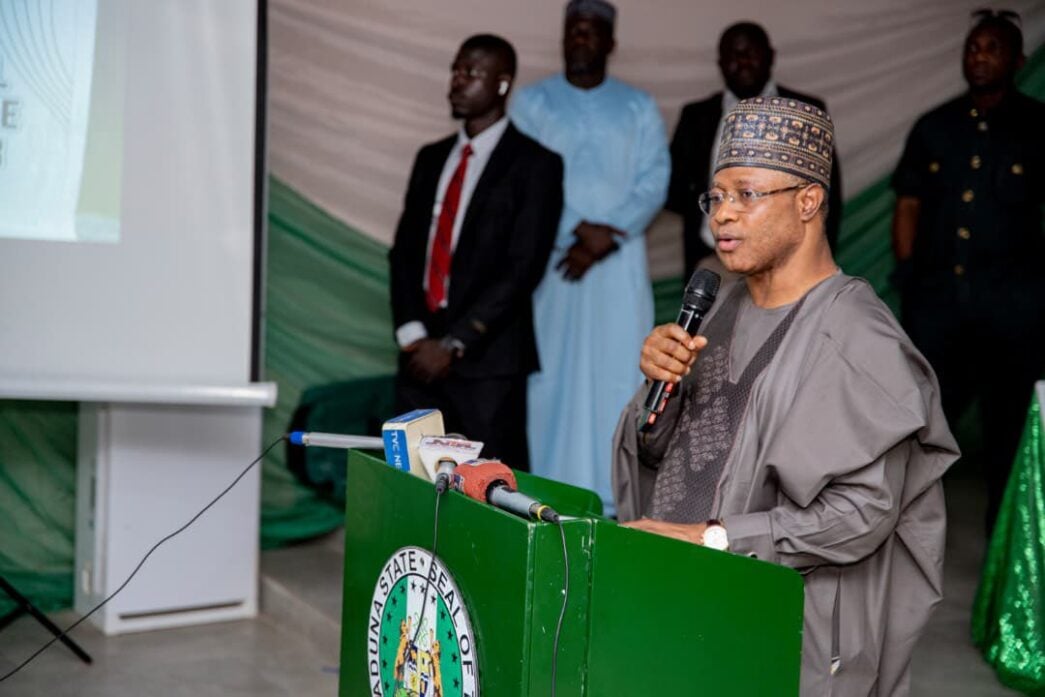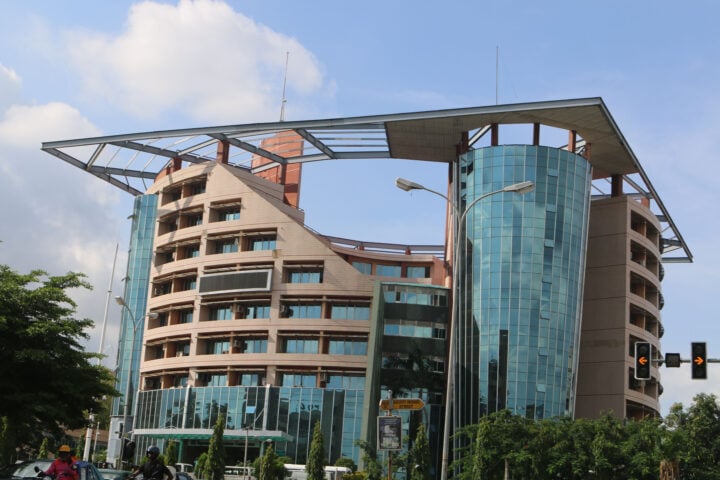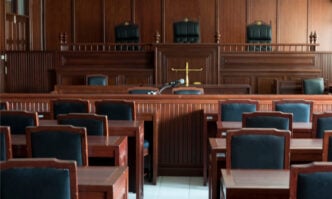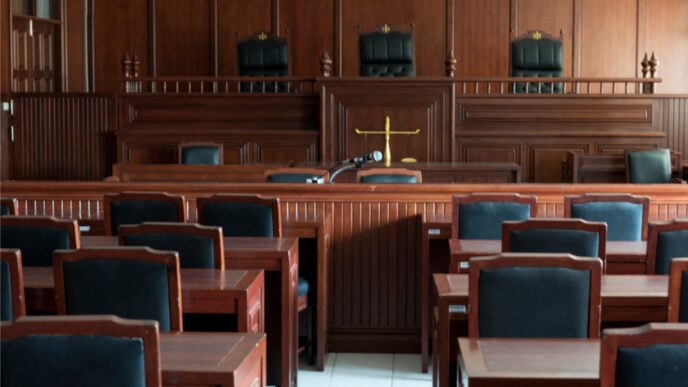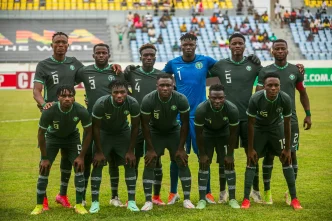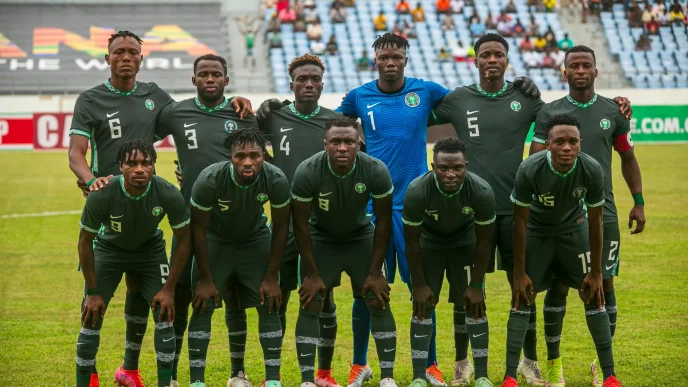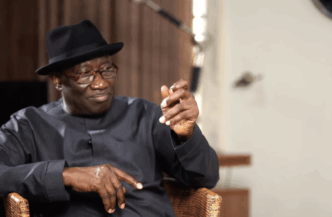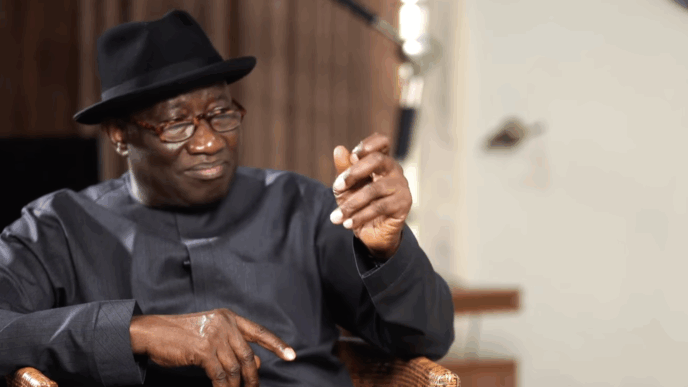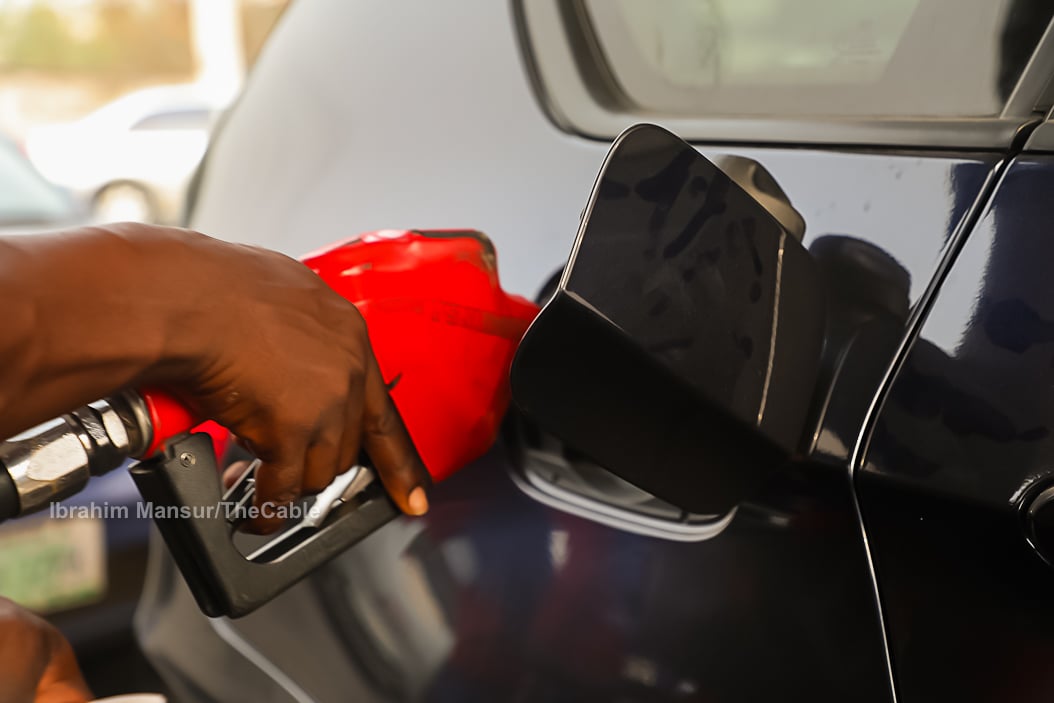Uba Sani at the attorneys-general conference in Kaduna
When you reflect on it, it is quite a leap to repeatedly associate Kaduna with peace these days. Such is Kaduna’s lot under the Sen. Uba Sani administration, and there is a lot to unpack amidst the journey and judgements that led here. In November 2024, the Governor of Kaduna State, Sen. Uba Sani, reopened the Kara Livestock Market in Birnin Gwari, marking the end of more than a decade-long closure of the market. This was followed by the reopening of Kidandan market in Giwa local government within a month of each other.
For about a decade, Kaduna was besieged and terrorised by bandits, kidnappers and insurgents. The state experienced frequent communal clashes, farmer-herder conflicts and violent attacks that left several people displaced and led to the closure of markets, schools, and farmlands and the near absence of governance in some parts of Kaduna.
I read JJ. Omojuwa’s article on the Kaduna Peace Model. It was quite enlightening, especially as Omojuwa never wrote such an article, on peace or any such matters, about any of his governor friends, former or present. Including that of Kaduna. It was clear he had seen a model of leadership at work that needed to be projected. Kaduna’s story is indeed changing.
In the last two years, the state has opened a new page. More than 500 schools, over 500,000 hectares of farmland, hospitals and clinics and other public places, which were once shut or in some cases deserted, have reopened. Those who were displaced from their ancestral homes and communities have returned. Commercial and economic activities are returning to once desolate towns, including Birnin Gwari, Zango Kataf, Chikun and the entire belt of southern Kaduna. This marked difference has been achieved by what is now institutionalised as the Kaduna Peace Model.
Advertisement
The Kaduna peace model is founded on the principles of tolerance, inclusion, respect for ethnic and religious identity, and a robust collaboration between the state government and security agencies. One of the ideas guiding the Kaduna Peace Model is the establishment of the Peace Dialogue Group by the Kaduna State Government and backed by a strong inter-agency collaboration. This has also involved the participation of key community, religious and traditional leaders.
Today, Kaduna has become the subnational model for peace by showing others exactly how it is done: that to achieve peace, you must rebuild trust and put the people at the centre of the government agenda. In what could only be described as unprecedented, bandits that were once unrepentant have given peace a chance, and herders and farmers that were once irreconcilable are now coexisting peacefully. This is the Uba Sani effect.
Perhaps there is no other person to give a better testimonial than President Bola Tinubu, who had visited Birnin Gwari during his pre-election campaigns under heavy and tight security. Speaking in Kaduna recently, the President said he has it “on good authority that you can move to Birnin Gwari today around midnight without fear of attack,” adding that he is particularly impressed with the peaceful atmosphere prevailing in Kaduna State.
Advertisement
Mallam Nuhu Ribadu, the National Security Adviser (NSA), a man who is perhaps in a better position to know, while speaking during the commissioning of the Qatar Charity Sanabil Project (Phase 1) in Kaduna last month, also credited Sen. Uba Sani for transforming Kaduna from “an epicentre of violent attacks to a model of stability and peace.”
And by the way, the Qatar Charity Sanabil Project represents another important aspect of the Kaduna Peace model. The transformative partnership between the Kaduna State Government and the Qatar Charity Foundation is providing houses for families of victims affected by banditry, alongside a new school, clinic, and shopping mall. The project is a part of a broader resettlement plan.
At the occasion, Sen. Uba Sani delivered what has been described, till today, as the most soul-stirring speech. He said his government understands that “recovery must go beyond safety. It must deliver hope, healing, and opportunity.” It is for that reason he is providing homes, education, healthcare, and empowerment tools to all those who have once been displaced and severely impacted by banditry and criminal attacks.
In Kaduna the attention has shifted from bandits to the victims; this is quite a departure from the past, where repentant bandits and terrorists were treated with kid gloves, while victims were left to their own fate. The Kaduna peace model of reconciliation, inclusion, and open engagement is restoring peace and has brought stability to Kaduna. This has also given the government the opportunity to focus on delivering prosperity for the Kaduna people.
Advertisement
In addition to Sen. Uba Sani’s efforts on security, in the last two years, Kaduna has constructed 79 new roads estimated at about 780 km, more than 62 secondary schools have been built, more than 1,049 classrooms have been upgraded across the state, and fees in state-owned tertiary institutions have been slashed by 50 per cent. Others include the completion of the 300-bed Specialist Hospital and the Institute of Vocational Training and Skills Development in Rigachikun, Samaru Kataf, and Soba. In the first quarter of this year, Kaduna is one of the only 6 states that attracted Foreign Direct Investment (FDI), signalling the harsh context of the global market.
Kaduna has earned its place as the new subnational model for peace by showing exactly what we can achieve when people are at the centre of the government agenda and we democratise peacebuilding efforts in a manner that leaves no one behind.
Peace is not a destination, especially when it comes to governance. It is an ongoing commitment to justice and equity. There will always be unwholesome elements who will always attempt to break the peace, for their own ends. There are those who find their ladder in chaos. With the Kaduna Peace Model being entrenched and tweaked for lasting peace, one can always rest assured that, even when challenges arise, peace will now be the norm in this historic state that is quite representative of Nigeria’s heterogeneous tapestry of history and cultures.
Awogbenle, a development and public policy professional, writes from United Kingdom. He can be reached via [email protected].
Advertisement
Views expressed by contributors are strictly personal and not of TheCable.
